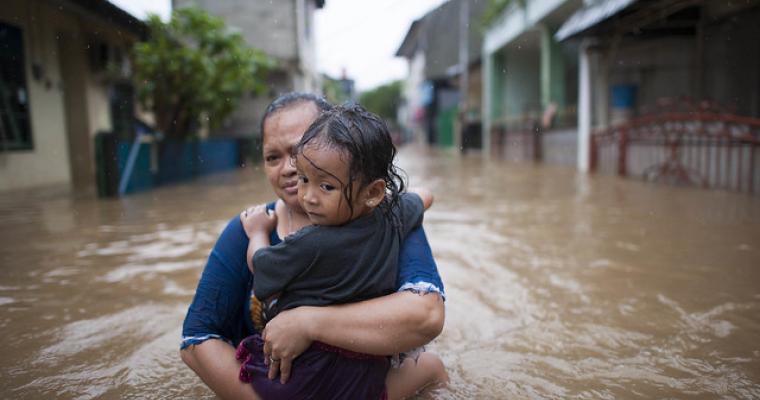The World Meteorological Organization (WMO) highlights the increasing impact of climate change, urbanization, and environmental degradation on extreme weather events, stressing the need for improved early warning systems and disaster risk reduction. The Second Multi-Hazard Early Warning Conference (MHEWC-II) in Geneva on May 13-14, 2019, aims to address the urgency of enhancing warnings for various hazards, including non-hydrometeorological ones. Recent disasters in Mozambique and India underscore the importance of effective early warnings, with the latter demonstrating successful evacuation due to timely forecasts.
The conference will focus on multi-hazard early warnings as a critical global target of the Sendai Framework for Disaster Risk Reduction 2015-2030. Key themes include:
1. Reaching the last mile: Building trust and communication between institutions and the public.
2. Translating warnings into action: Coordinated responses across sectors and communities.
3. Advancements in science and technology for improved monitoring and forecasting systems.
4. Multi-hazard preparedness: Recognizing simultaneous impacts from various hazards.
5. Evaluating effectiveness: Assessing the performance and benefits of early warning systems.
6. Governance: Involvement of the private sector and sustainable financing.
The conference will also feed into the 2019 Global Platform for Disaster Risk Reduction, emphasizing collaborative efforts to minimize disaster losses globally.
Source link


